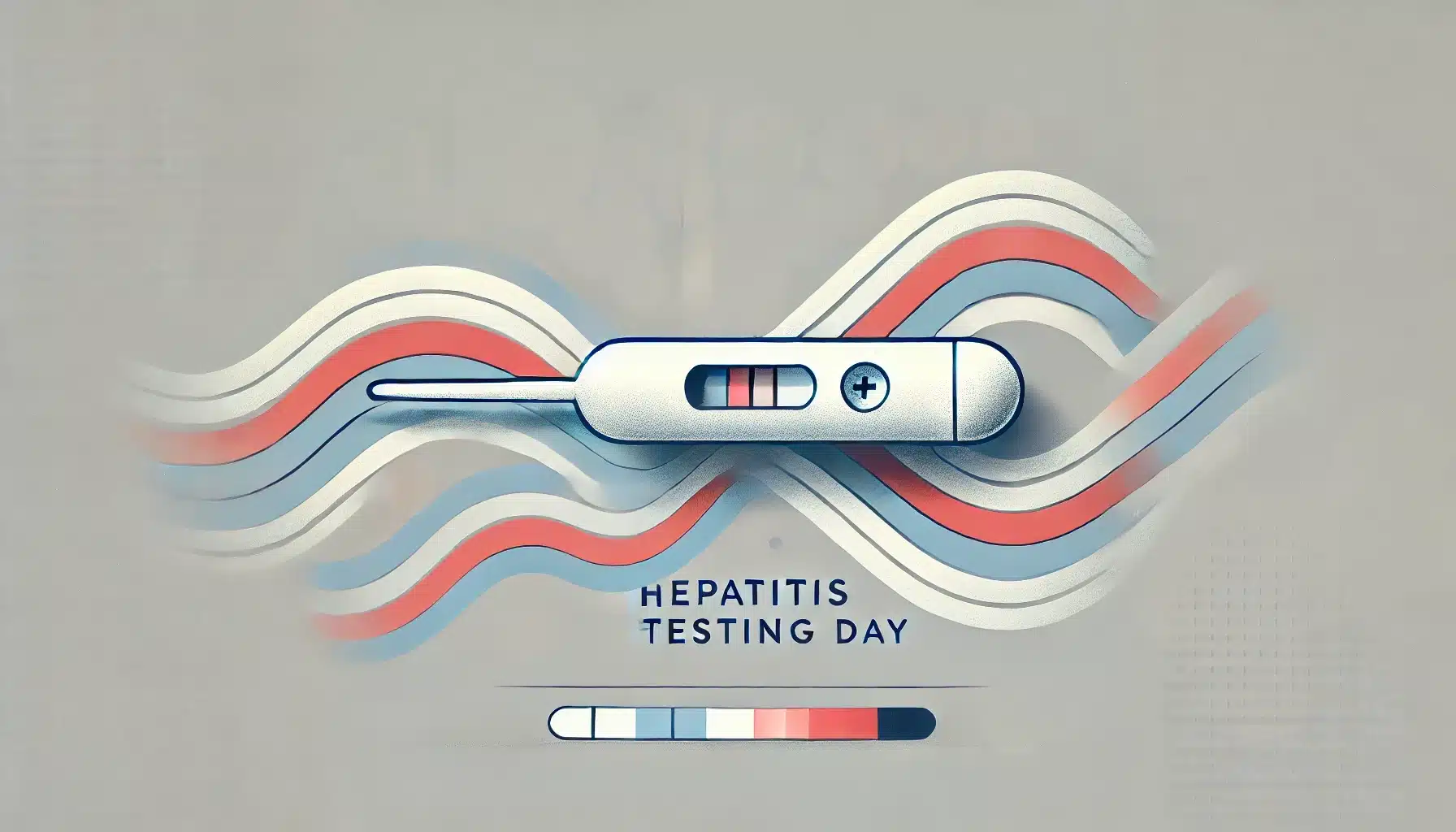What is National Hepatitis Testing Day?
National Hepatitis Testing Day is observed annually on May 19 in the United States to raise awareness about viral hepatitis and encourage individuals to get tested. This initiative aims to promote early diagnosis and treatment, preventing serious health complications such as liver disease and liver cancer.
Viral hepatitis, particularly hepatitis B and hepatitis C, often goes undiagnosed due to a lack of noticeable symptoms. By encouraging widespread testing, this day helps individuals learn their status and access treatment if necessary, reducing the spread of the disease and improving overall public health.
History and Origin
National Hepatitis Testing Day was first observed on May 19, 2012, as part of a broader strategy outlined in the 2011 U.S. Department of Health and Human Services report, “Combating the Silent Epidemic of Viral Hepatitis: Action Plan for the Prevention, Care, and Treatment of Viral Hepatitis.” The goal was to increase awareness, improve access to testing, and connect individuals with treatment services.
Since its inception, the observance has been supported by public health agencies, community organizations, and healthcare providers. Testing events, educational campaigns, and outreach programs are organized across the country to encourage individuals, particularly those at higher risk, to get tested and seek necessary medical care.
Who Participates in National Hepatitis Testing Day?
- Healthcare providers: Offer free or low-cost hepatitis testing and provide educational resources to patients.
- Community organizations: Host outreach events, screenings, and informational sessions to spread awareness.
- Public health departments: Launch campaigns to encourage testing and connect people to treatment.
- Individuals: Take the initiative to get tested and share information about hepatitis prevention and treatment.
- Advocacy groups: Work on policy changes and improved healthcare access for those affected by viral hepatitis.
Slogans and Themes
National Hepatitis Testing Day focuses on awareness, early diagnosis, and prevention. The campaign aims to reduce stigma around hepatitis and encourage proactive healthcare.
Slogans such as “Know Hepatitis. Act Now.”, “Get Tested. Get Treated.”, and “Hepatitis is Silent. Don’t Wait.” reinforce the importance of getting tested and taking charge of one’s health. The messaging emphasizes that early detection can save lives and prevent long-term health complications.
Colors
- Green: Represents growth, renewal, and health, often associated with liver health.
- Blue: Symbolizes trust and awareness in healthcare.
Symbols
- Liver icon: Represents the organ affected by hepatitis and underscores the importance of liver health.
- Awareness ribbon: The green ribbon is commonly used to signify support for hepatitis awareness and testing.
- Shield symbol: Represents protection and prevention through testing and treatment.
Patterns
- Awareness ribbons: Green ribbons symbolize hepatitis awareness and testing advocacy.
- Interlinked circles: Represent collaboration between healthcare providers, patients, and advocacy groups.
- Wave designs: Reflect the ongoing efforts to fight hepatitis and promote public health.
Most Used Hashtags
- #HepatitisTestingDay
- #KnowHepatitis
- #GetTested
- #LiverHealth
- #HepAware
How to Celebrate National Hepatitis Testing Day
- Get tested: Visit a local clinic or health fair offering hepatitis testing services.
- Attend educational events: Participate in workshops or seminars to learn more about hepatitis prevention and treatment.
- Share information: Use social media platforms to spread awareness about hepatitis and the importance of testing.
- Support local organizations: Volunteer or donate to groups working to combat hepatitis in your community.
- Encourage friends and family: Talk to loved ones about getting tested and understanding their hepatitis status.
Why is National Hepatitis Testing Day Important?
Hepatitis B and C are often referred to as “silent epidemics” because many individuals are unaware of their infection status. Without testing, these conditions can go undiagnosed for years, leading to severe liver damage, cirrhosis, or liver cancer. National Hepatitis Testing Day plays a crucial role in promoting early detection, connecting individuals to care, and preventing the spread of infection.
By increasing awareness and encouraging testing, this observance helps reduce stigma, promotes public health initiatives, and saves lives. Testing is the first step in taking control of one’s health and preventing long-term complications related to hepatitis.
Features
Contact Info
May 19: Hepatitis Testing Day (United States)
Why do you keep falling for the same type?
Read the article Lovemaps: the hidden blueprint of our love.
Did you not find what you were looking for? Let me help you find more.

